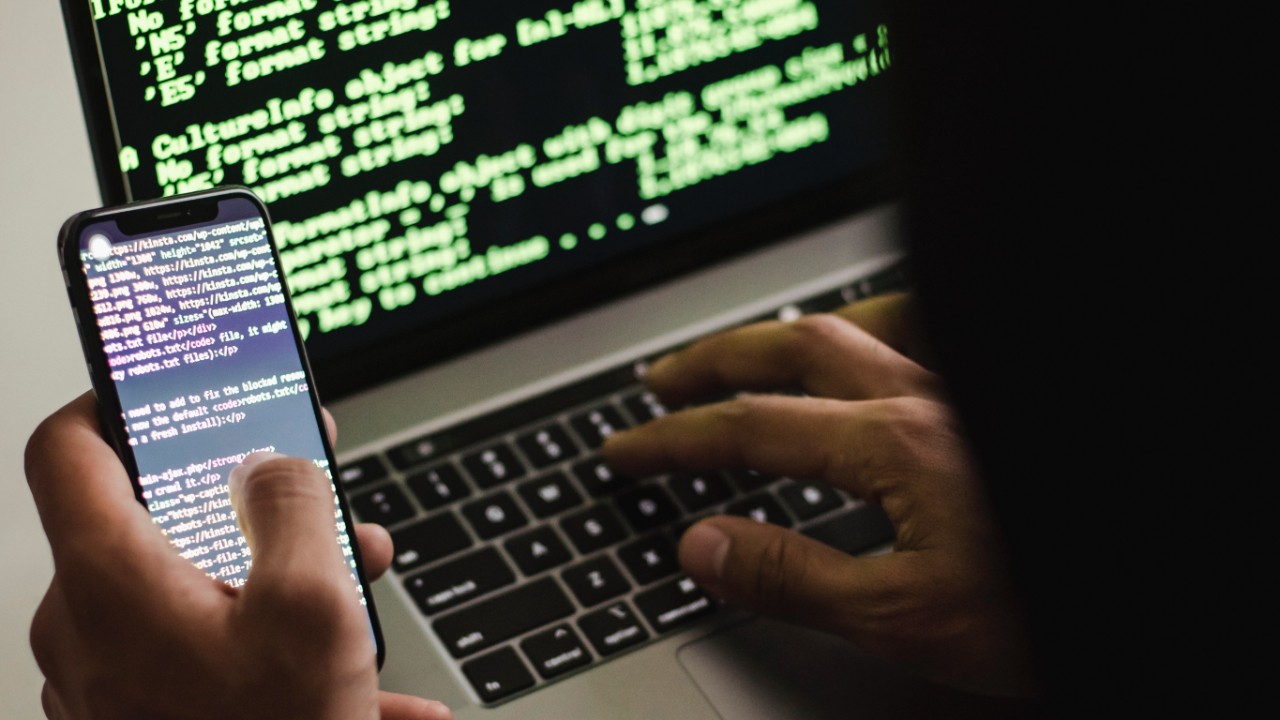Safeguarding your computer from hackers: Essential tips and best practices
We invite you to explore our comprehensive guide on safeguarding your computer from hackers, where we share essential tips and best practices to help you fortify your digital defenses and protect your valuable information.

Welcome to our comprehensive guide on safeguarding your computer from hackers. In our content, we will provide you with essential tips and best practices to help you strengthen your digital security and protect your sensitive information. By implementing these measures, you can minimize the risk of falling victim to cyberattacks and ensure a safer computing experience. Join us as we delve into the world of cybersecurity and empower you to take proactive steps in securing your computer from potential threats.
Safeguarding your computer from hackers: Essential tips and best practices
Use strong and unique passwords
Create complex passwords that include a combination of letters, numbers, and symbols. Avoid reusing passwords across different accounts to prevent a single breach from compromising multiple accounts.
Enable two-factor authentication (2FA): Activate 2FA whenever possible, as it adds an extra layer of security by requiring a second form of verification, such as a code sent to your mobile device, in addition to your password.

Keep software up to date: Regularly update your operating system, antivirus software, web browsers, and other applications to ensure you have the latest security patches and bug fixes. Outdated software can contain vulnerabilities that hackers can exploit.
Be wary of suspicious emails and links: Exercise caution when opening email attachments or clicking on links, especially from unknown sources. Be vigilant for phishing attempts and verify the legitimacy of email senders and website URLs before sharing sensitive information.
Use a firewall and antivirus software: Install a reputable antivirus program and enable a firewall to protect your computer from malware, viruses, and unauthorized access. Regularly scan your system for potential threats and remove any detected malicious software promptly.






